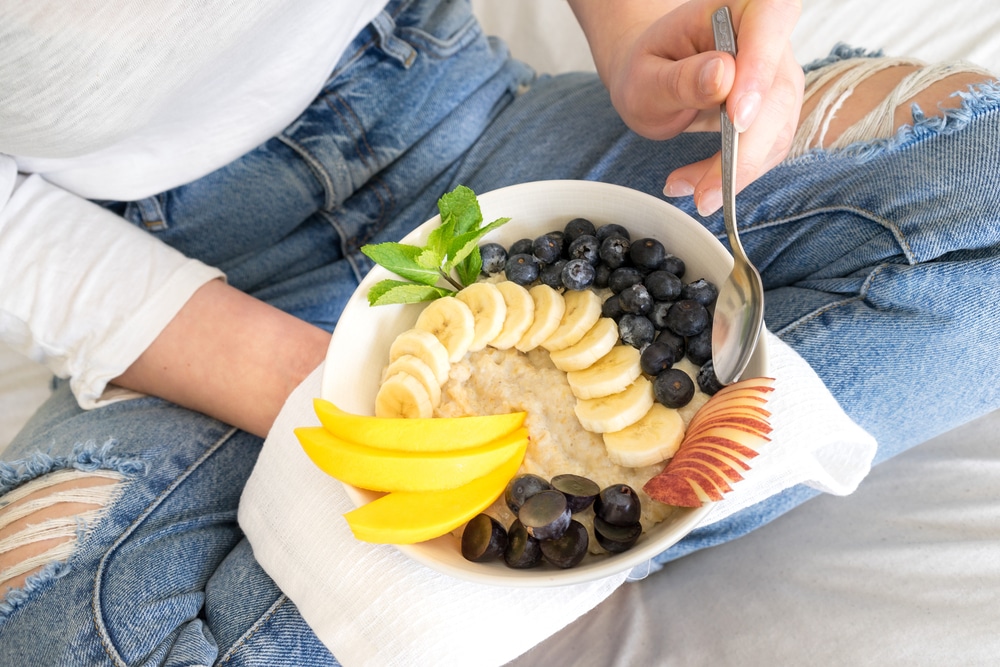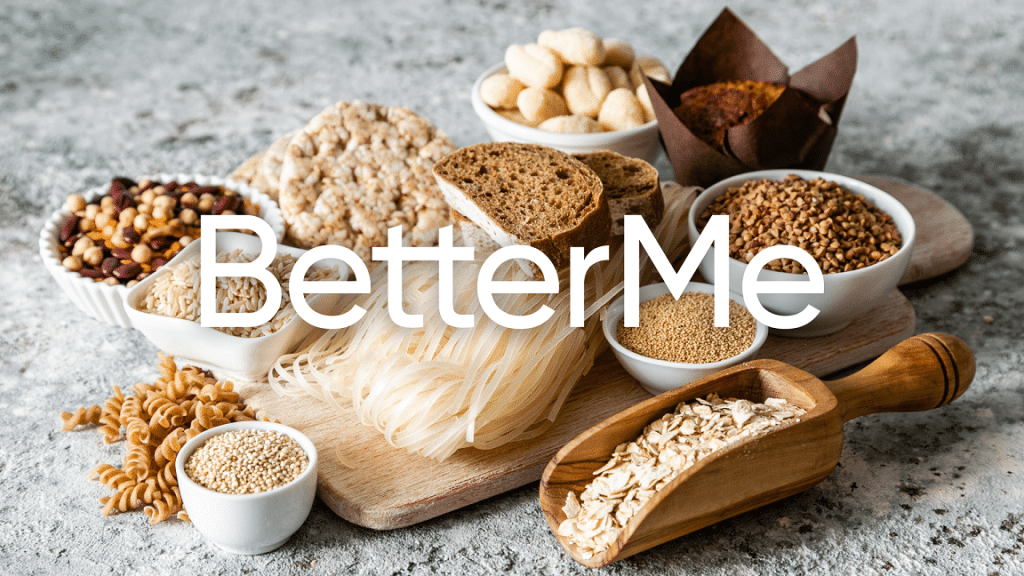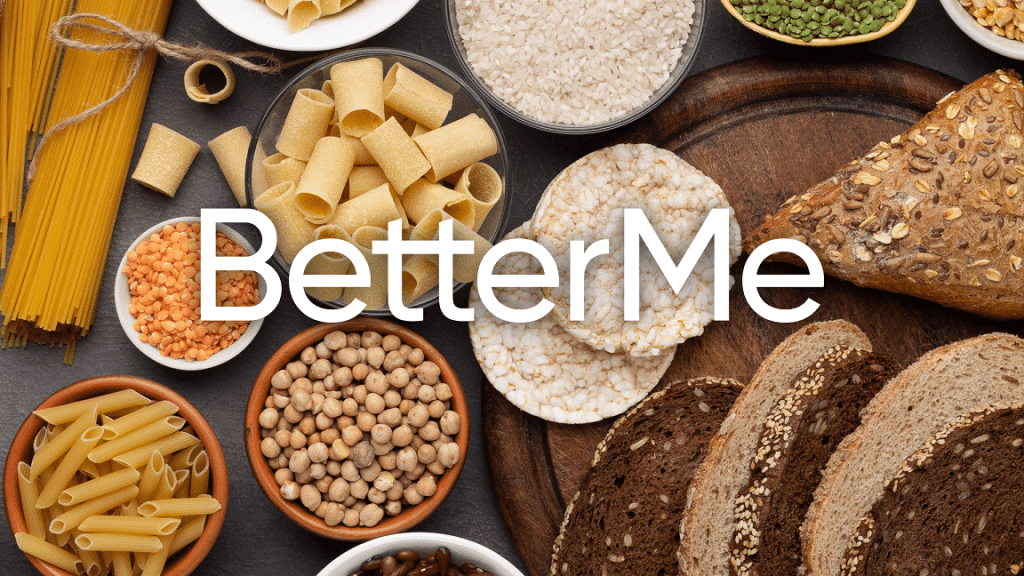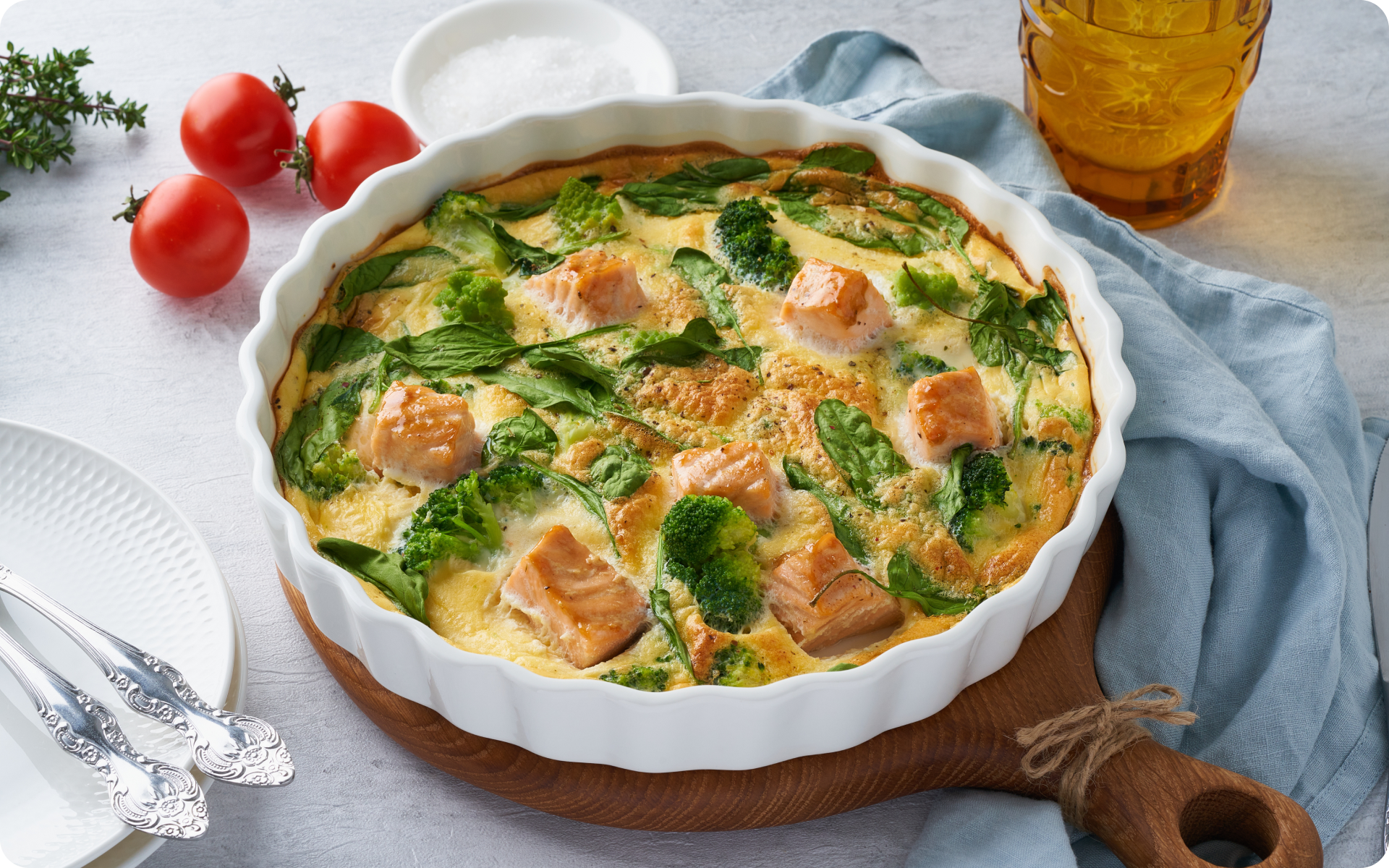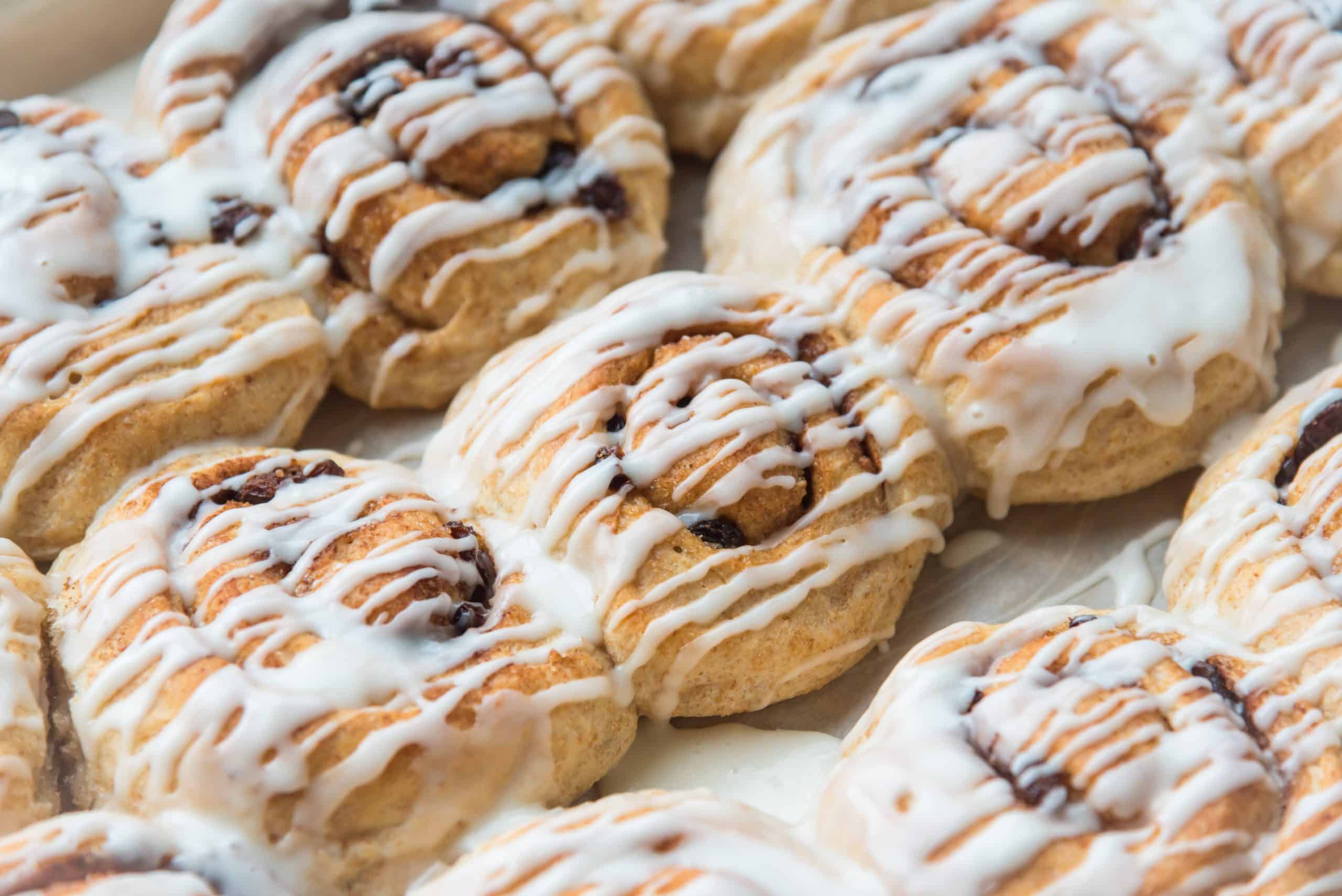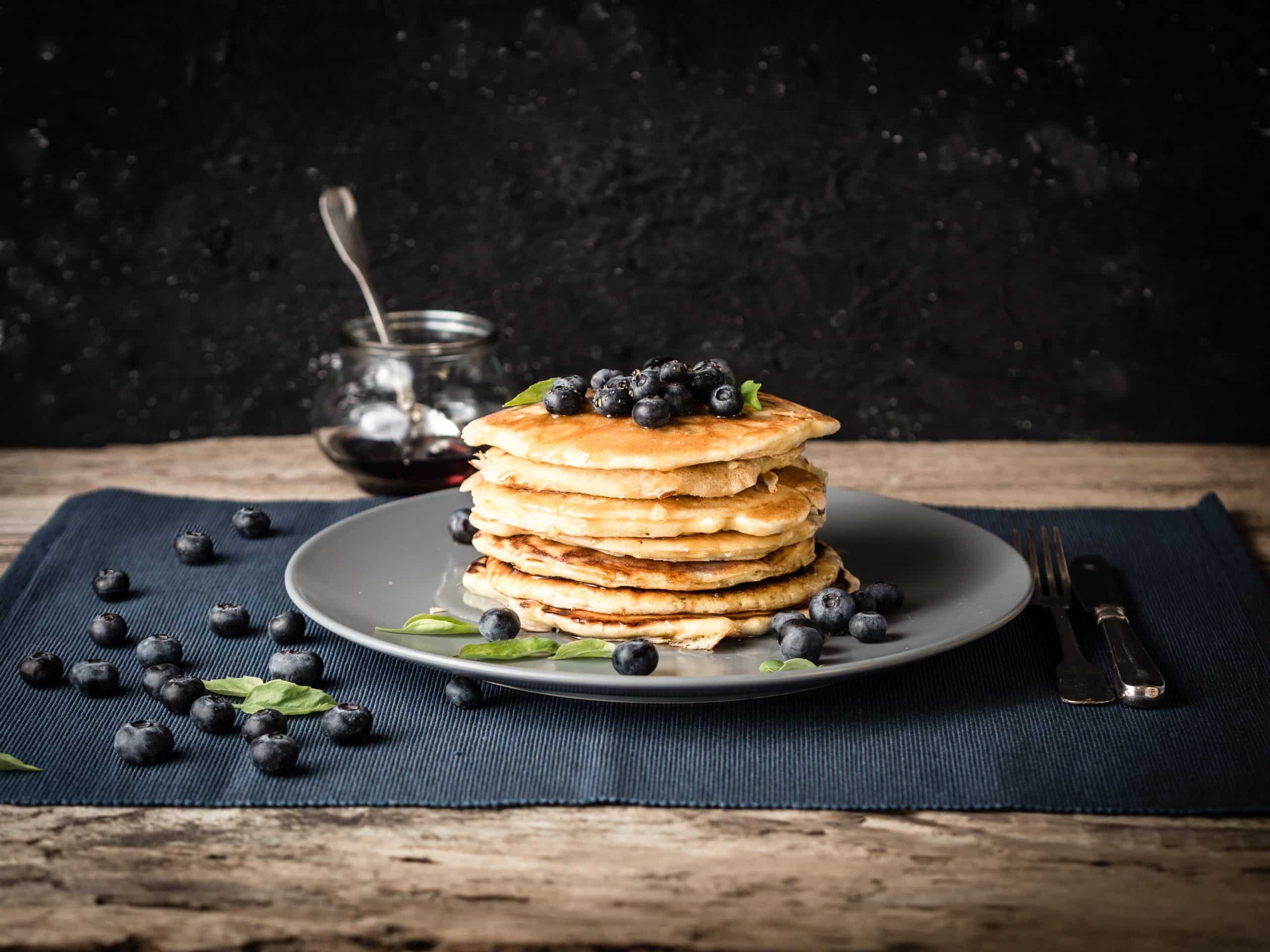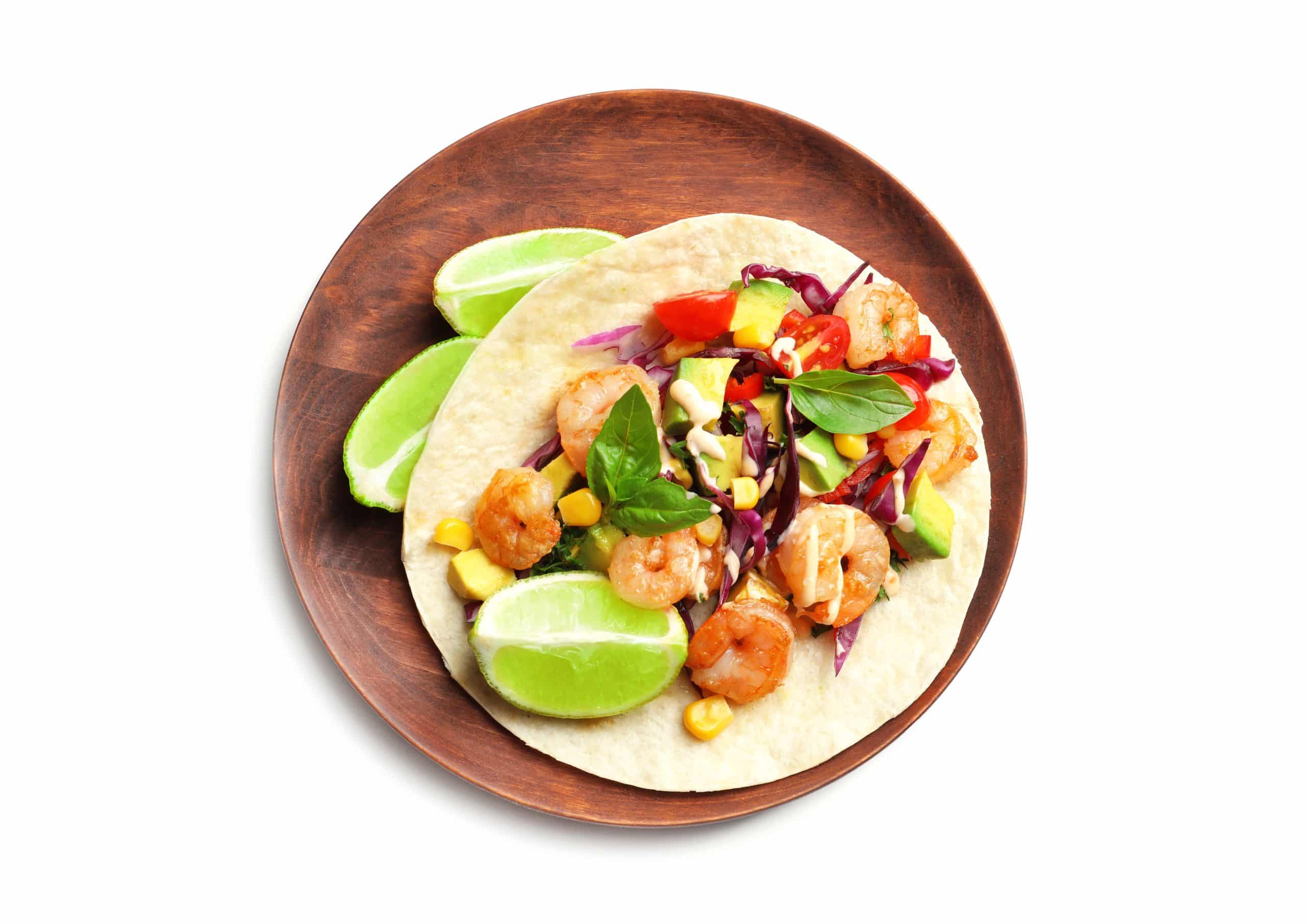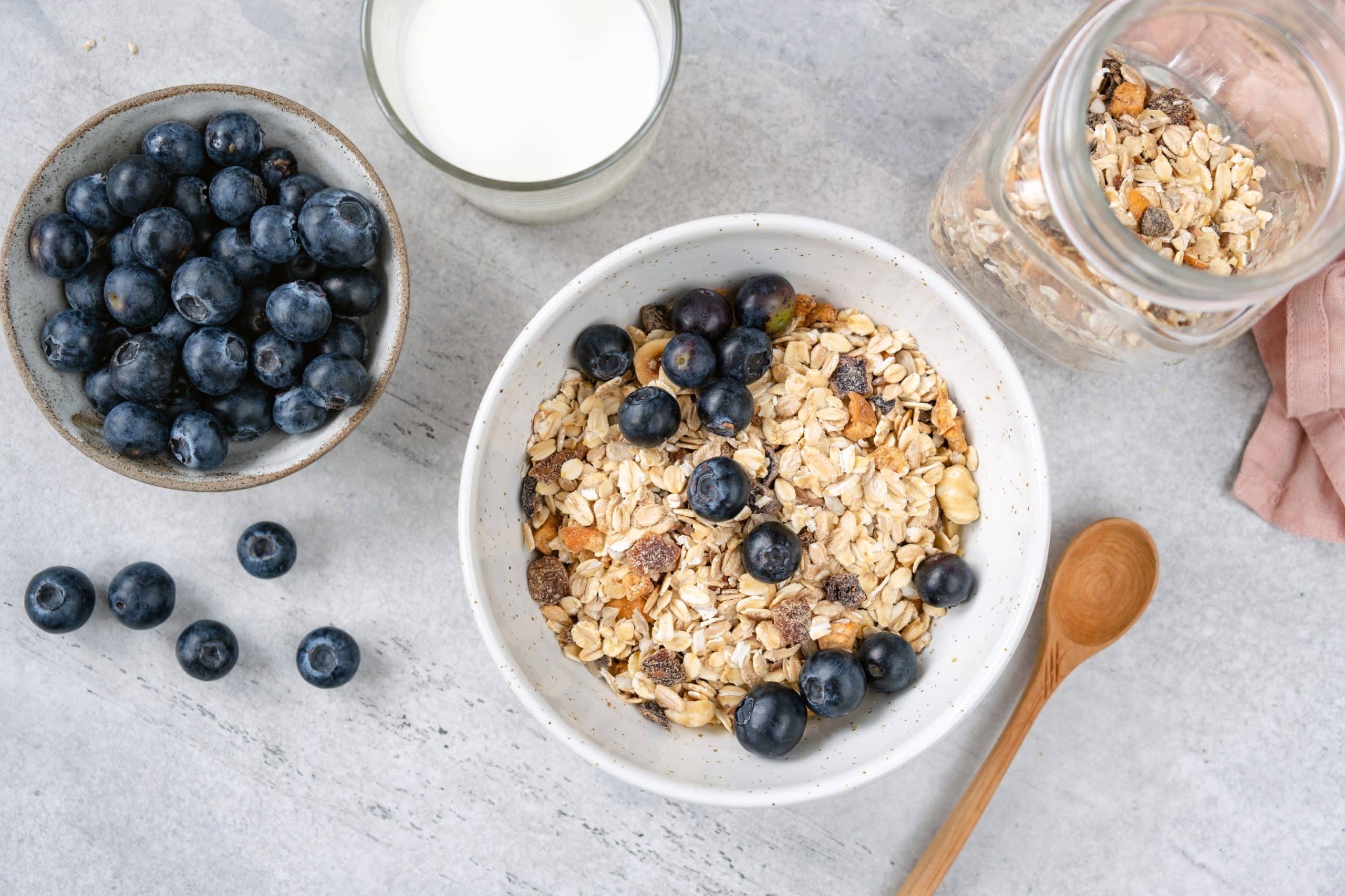For many people, there is no better motivation to lose weight than the promise of a slimmer body. But many diets are so complicated and restrictive that they can be hard to stick with for an extended period of time. Some believe that the gluten-free diet may offer an alternative approach for those hoping to shed pounds quickly. This article explores whether this diet might help you lose weight more easily without sacrificing too much in the way of nutrition or flavor. It also discusses some potentially negative aspects of this diet that you should know about before embarking on it yourself.
What Is Gluten And Celiac Disease?
Gluten is a protein found in wheat and some other grains. It gives bread dough its elastic texture, helping it to rise when baked (16).
When some people eat foods containing gluten, the immune system in their small intestine recognizes it as a foreign substance that needs to be attacked—this causes inflammation in the small intestine that damages the villi, which are tiny, fingerlike structures that absorb nutrients from food. Over time this can interfere with your ability to absorb certain vitamins and minerals needed for good health.
Celiac disease is an autoimmune disorder—your body’s immune system attacks itself when gluten is present (2). People who have celiac disease must follow a strict gluten-free diet or risk serious long-term consequences such as malnutrition, cancer of the intestinal tract, infertility, and osteoporosis.
This disease affects about 1% of people worldwide, although many of them may not be aware that they have it (3). People with celiac disease who slip up on their diet even occasionally can cause damage to the small intestine.
How Does The Gluten-Free Weight Loss Diet Work?
The gluten-free diet is a staple of the treatment for celiac disease. This plan eliminates all sources of gluten, such as bread and pasta as well as hidden sources such as sauces and salad dressings that often contain trace amounts of wheat (14). One must be aware of cross-contamination issues related to products made with gluten as well as hidden sources such as food colorings, sauces (soy sauce, teriyaki sauce), and salad dressings. For people with severe symptoms, this can be a very difficult way to eat, but it does provide relief from gastrointestinal pain and discomfort in many cases.
For people who do not have an allergy or intolerance to gluten but would like to restrict their intake for other reasons, there is no solid evidence that eating gluten free results in weight loss on its own. However, this type of diet might restrict calorie intake since many types of foods are eliminated from one’s diet or at least greatly reduced.
Read More: Gluten-Free Diet Plan For Beginners: How To Eat Clean And Feel Better
Who Should Eat A Gluten-Free Diet?
People With Celiac Disease
One of the very first steps to take if you think you might have celiac disease is to go on a gluten-free diet (14). This can help determine whether your symptoms are caused by gluten intolerance or some other source. If you notice an improvement in how you feel after eating gluten free, then this may be one way for you to reduce or eliminate your gastrointestinal discomfort without having to make any dietary changes beyond eliminating products made with wheat, rye, and barley. You may want to talk to your doctor first and get tested for celiac disease before making any dietary changes.
People With Gluten Sensitivity
According to some medical sources, there are people who cannot tell for sure whether they have celiac disease but still experience certain uncomfortable reactions when exposed to foods containing gluten. These folks may want to experiment with eliminating gluten from their diets if they suspect that this might be the cause of their symptoms.
People Who Are Allergic To Wheat
Wheat is so ubiquitous in modern-day processed foods that it can be very difficult for someone who has severe allergies or anaphylactic reactions brought on by ingesting wheat products to avoid them completely. The gluten-free diet can help people with these sensitivities control which foods they eat and thus reduce the risk of a severe reaction (4).
What Should You Eat On A Gluten-Free Diet?
It’s important to watch not only gluten intake but overall calorie consumption as well when following this diet plan if you are trying to maintain a healthy weight. If you eat too much food containing gluten substitutes for traditional products during one meal, you may end up consuming more calories than someone who eats less gluten food—even if they eat more overall. You must also be careful because many processed foods advertised as “gluten-free” are still high in fat, sugars, or sodium (11).
Here is a list of good foods to include on the gluten-free diet:
- Beans and legumes
- Fruits and vegetables
- Whole grains that are gluten-free
- Lean meats
- Low-fat dairy products – these are preferable because they have fewer calories yet still provide the calcium you need for healthy bones. Just remember to read nutrition labels carefully—some low-fat dairy items contain higher levels of sugar than their regular counterparts.
BetterMe app will provide you with a host of fat-frying fitness routines that’ll scare the extra pounds away and turn your body into a masterpiece! Get your life moving in the right direction with BetterMe!
What Should You Avoid When Following A Gluten-Free Diet?
The following foods should be taken off the menu if you are on a gluten-free diet (5):
- Gluten products such as wheat, barley, and rye—bread, baked goods, cereals and crackers, cookies, and cakes. Wheat pasta is replaced with quinoa or brown rice pasta.
- Processed foods containing soy sauce or hydrolyzed vegetable proteins (HVP).
- Oats often come into contact with gluten during processing. Make sure that the brand you buy is certified gluten-free. Some people cannot digest oats without first soaking them overnight and rinsing thoroughly before cooking or consuming them as cereal—this can create gas for some people, especially if they have an intolerance or sensitivity to FODMAPs.
- Sugar-sweetened beverages such as soft drinks and fruit juices
- Processed meats—lunch meats, hot dogs, bacon, sausage
- Snacks with high amounts of sugar and fat. These include cookies, cakes, potato chips
- Avoid protein powders that contain gluten—whey protein is a dairy product and milk proteins are often processed on equipment with gluten grains. Always check the label regardless of the type of protein powder you choose.
Is A Gluten-Free Diet Effective For Weight Loss?
There are several reasons someone might lose weight following the gluten-free diet weight loss plan. First of all, gluten is found mostly in breads, cakes, crackers, cereals, pastas, and other processed foods—by avoiding these items you will automatically eliminate a lot of calories from your daily intake (5).
Wheat flour contains about 80 percent starch that quickly turn into sugars once consumed; this causes sudden jumps in blood sugar after eating that can lead to hunger pangs and cravings not long afterward. The gluten-free diet forces you to eat more natural, whole foods that are lower in calories yet higher in fiber.
On the flip side, some people report feeling fuller faster when they don’t eat foods containing this protein—this is because it takes longer for these foods to leave your stomach due to incomplete digestion. This last factor reminds us of the importance of maintaining a nutritious diet during the gluten-free weight loss process.
Not only does this help you avoid or minimize cravings, but it also provides your body with the nutrients it needs to function properly and maintain healthy bones, muscles, skin, hair, and nails—all areas that are negatively affected by the malabsorption of key vitamins and minerals in untreated celiac disease.
It is important to remember that simply restricting one’s diet does not result in weight loss—one must also actively practice portion control and make sure they are meeting their daily caloric needs (15).
Read More: What Happens When You Stop Eating Gluten? Here Are The Side Effects Of A Gluten-Free Diet
What Are The Risks Of A Gluten-Free Diet?
While the gluten-free diet can be a very effective way for people with celiac disease to reduce their symptoms and enjoy a better quality of life, it is not without its risks.
Low Fiber Intake
One of the biggest potential problems is that people who go on the gluten free diet often end up eating a lot more foods made with refined carbohydrates like white rice and potatoes since they are naturally gluten-free. These dietary choices can lead to more dramatic fluctuations in blood sugar, overeating and weight gain, which over time can lead to obesity, Type 2 diabetes, and other serious health conditions (10).
Unbalanced Nutrition
People who go on the gluten free diet without consulting medical professionals may find themselves inadvertently restricting important nutrients or increasing their intake of substances that pose risks to good health. If due diligence is taken, however, it is possible to maintain a healthy balance of nutrients while avoiding gluten.
No Weight Loss Guarantee
For people who do not have an allergy or intolerance to gluten but who would like to restrict their intake for other reasons, there is no solid evidence that eating gluten-free results in weight loss on its own (13). Not all gluten-free foods are healthy, either, so it’s important that people who go on this diet also learn how to read food labels and know what they are getting into before diving in.
Missing Out On Whole Grain Health Benefits
Some people dislike the idea of eliminating certain groups of whole grains that contain gluten but do not share the same properties as wheat, barley, or rye. There is some evidence that these grains may offer numerous health benefits beyond what wheat products can provide (8).
Excessive Restriction
Finally, sometimes following this type of strict dietary plan can be difficult to maintain. People who do not have celiac disease often stop eating this way once they begin to feel better or notice some weight loss results—this is not necessarily harmful unless they go back to their old eating habits for too long and gain back any lost weight. For those with celiac disease, eating even a small amount of gluten can trigger uncomfortable symptoms.
Betterme will keep you laser-focused on your weight loss journey! Nutrient-packed meal plans, fat-blasting workouts, galvanizing challenges and much more. Try using the app and see for yourself!
How Do I Make A Gluten-Free Diet Efficient For Weight Loss?
As we have already mentioned, the gluten-free diet is not a weight loss plan by itself. There are too many variables involved to even try and give such advice. However, what you can do to maximize your chances of losing weight on this or any diet is:
Eat Less For A Calorie Deficit
The number of calories you consume relative to the energy you expend is part of what determines your weight over time. If you are able to keep your daily calorie intake below the amount of energy you burn every day, your body will tap into its fat stores so it can remain metabolically active and functional. To do this, track everything that goes into your mouth using a phone app or an online calorie tracker for at least one month so that you have a clear idea of how many calories you are actually consuming on average each day. After 30 days, try lowering the numbers 100-200 kcal below what you reached to see if it makes any difference.
Eat More Protein
Protein is satiating—the more of it we eat, the fuller we feel (12). If you eat more lean protein on top of complex carbohydrate-rich foods and healthy fats, you will likely find that your overall calorie intake decreases naturally over time because protein tends to encourage us to eat fewer total calories than usual.
Eat More Fibre
Fibre-rich foods help with weight control because they take longer to process by our digestive system. This means that we feel full for a longer period of time after eating, which makes it easier to stick to healthier portions instead of overeating (6). In other words, fibre keeps us from bingeing on unhealthy snacks to make up for feelings of hunger between meals. Fruits and vegetables are good sources of dietary fiber.
Supplement With Probiotics And Prebiotics
Probiotics directly improve the function of our digestive system in many ways. One way they do this is by improving our immune response so we are less vulnerable to inflammation and other health conditions associated with it (such as obesity) (7). Meanwhile, prebiotics feed beneficial bacteria in our bodies and intestines, allowing them to proliferate and strengthen their hold over the gut environment for healthier digestion (9). You can find both in fermented food products such as yogurt, kimchi, sauerkraut, and kombucha tea.
Strength Train To Build Muscle Mass
Stronger muscles burn more calories than smaller ones even at rest, so it is a good idea to focus on weight training if you want to lose some extra pounds. There are many performance-enhancing supplements that can be used safely while following a gluten-free diet, but before taking any of them you will have to consult with your doctor first and get their opinion on the matter.
Incorporate Cardio
Another great way to lose some weight is through cardiovascular exercise—cardio burns more calories than any other kind of training. It also lowers blood pressure and promotes heart wellness (1).
The Bottom Line
A gluten-free weight loss plan can help you lose more weight than a standard diet because it eliminates a significant number of calories from your daily intake. However, it’s not a good idea to rely on substitutes for foods containing gluten instead of following the dietary recommendations outlined above.
Weight loss results will vary depending on how many calories you cut from your overall intake, but it can still be an effective approach to getting rid of unwanted pounds without having to resort to extreme diets or unhealthy eating habits. If you follow this diet plan with healthy choices, you can lose up to one pound per week—and that’s definitely worth any additional effort necessary!
DISCLAIMER:
This article is intended for general informational purposes only and does not address individual circumstances. It is not a substitute for professional advice or help and should not be relied on to make decisions of any kind. Any action you take upon the information presented in this article is strictly at your own risk and responsibility!
SOURCES:
- Cardio Workouts: Fitness We Love to Hate (n.d., issaonline.com)
- Celiac disease: From pathophysiology to treatment (2017, ncbi.nlm.nih.gov)
- Celiac Disease (2011, ncbi.nlm.nih.gov)
- Gluten: A Benefit or Harm to the Body? (n.d., hsph.harvard.edu)
- Gluten-free diet (2021, mayoclinic.org)
- Health benefits of dietary fiber (2009, academic.oup.com)
- Health Benefits of Probiotics: A Review (2013, hindawi.com)
- Health benefits of whole grain: effects on dietary carbohydrate quality, the gut microbiome, and consequences of processing (2021, onlinelibrary.wiley.com)
- Health Effects and Sources of Prebiotic Dietary Fiber (2018, academic.oup.com)
- Increased consumption of refined carbohydrates and the epidemic of type 2 diabetes in the United States: an ecologic assessment (2004, academic.oup.com)
- Processed foods: contributions to nutrition (2014, academic.oup.com)
- Proteins and satiety: implications for weight management (2008, pubmed.ncbi.nlm.nih.gov)
- The Gluten-Free Diet: Fad or Necessity? (2017, diabetesjournals.org)
- The gluten‐free diet and its current application in coeliac disease and dermatitis herpetiformis (2015, onlinelibrary.wiley.com)
- Weight-Loss and Maintenance Strategies – Weight Management (2004, ncbi.nlm.nih.gov)
- What Is Gluten—Why Is It Special? (2019, frontiersin.org)
